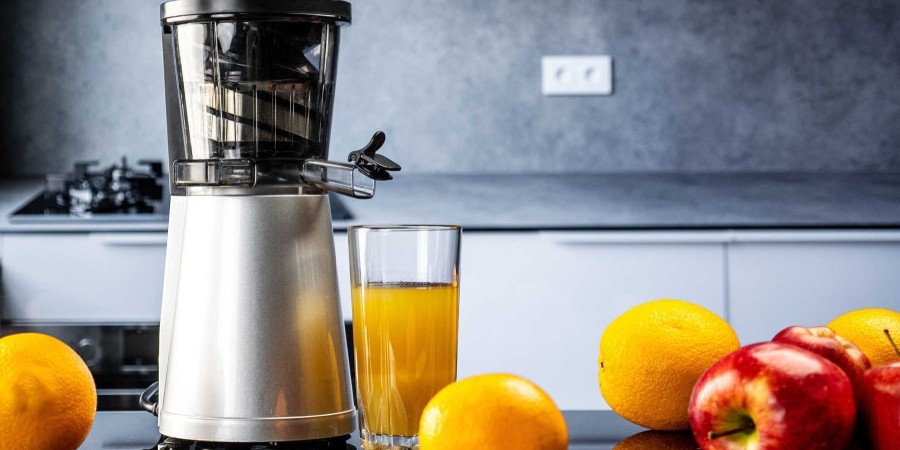
Fresh fruit or vegetable juice can go well with many different meals. To make these delicious drinks more effectively and efficiently, investing in a juicer is a great idea.
Unlike appliances such as ovens, microwaves, and the like, juicers are highly specialized for certain types of produce. As such, each one functions at least somewhat differently from the other. These factors significantly impact which kind of juicer is right for you and how you should maximize its use. There are four primary types of juicers, and we'll be doing a deep dive into each one of them.
Masticating juicers have a rotating auger that crushes produce placed in the machine. These juicers work at a slower pace than other juicers, but they are great at preserving the juice's nutrients. They even separate the pulp from the juice if you prefer juice without pulp. Overall, juice produced by a masticating juicer has a thick consistency and stays fresh for a good amount of time. Ultimately, whether or not you choose a masticating juicer really depends on how much time you're willing to spend on the juicing process; these machines are certainly the slowest of the different types, even though they are good at what they do.
Any juicer that is in a handheld form falls into the category of manual juicers. These can include juicers with cranks and hand presses. Juicers of this variety are easy to store, use, and cost much less compared to other types of juicers. They are also particularly effective at preserving the quality and nutrients of the juice. However, like masticating juicers, they work slow, which may be more trouble than it's worth for certain businesses. Additionally, they are not suited for certain types of produce, such as leafy greens.
Steam juicers use hot steam to break down produce and release the juice inside. The juice is dispensed through a hose. One of the strengths of this type is its ability to extract from fruits like berries, which are rich in juices. As a result, steam juicers can be very useful when making jellies or jams. However, the process involved tends to degrade the nutrients in the juice. Additionally, shopping around for steam juicers can be challenging, as they are rarer than other types and don't have a wide selection.
Finally, there are centrifugal juicers. These juicers are fast, blender-like appliances whose blades shred produce. A spinning chamber forces the juice from the juices from the produce into a separate chamber where it can be collected. All you have to do is put the produce in, turn the machine on, and make fresh juice in moments. While this type of juicer is fast and efficient, it also produces juice that does not last long due to oxidation, and it cannot handle leafy greens or similar produce easily. Thus, centrifugal types are best used for smaller jobs rather than bulk orders and large batches.


Bad |
Rate as 5 star | Good |
||
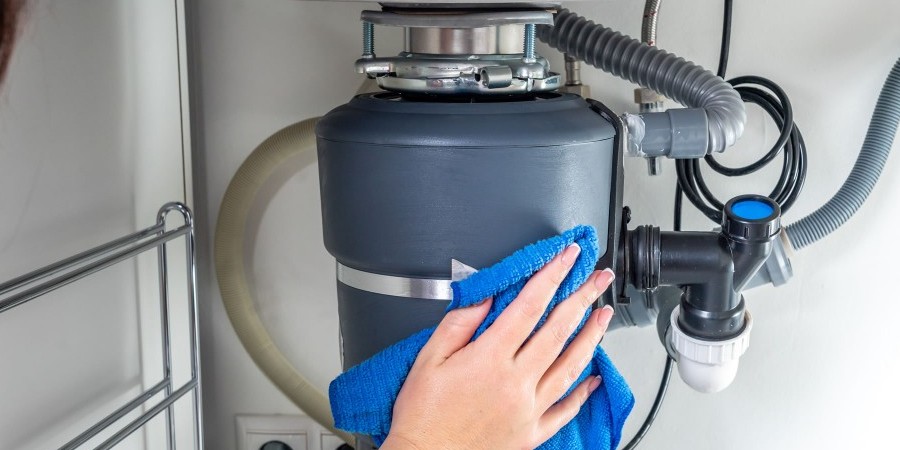
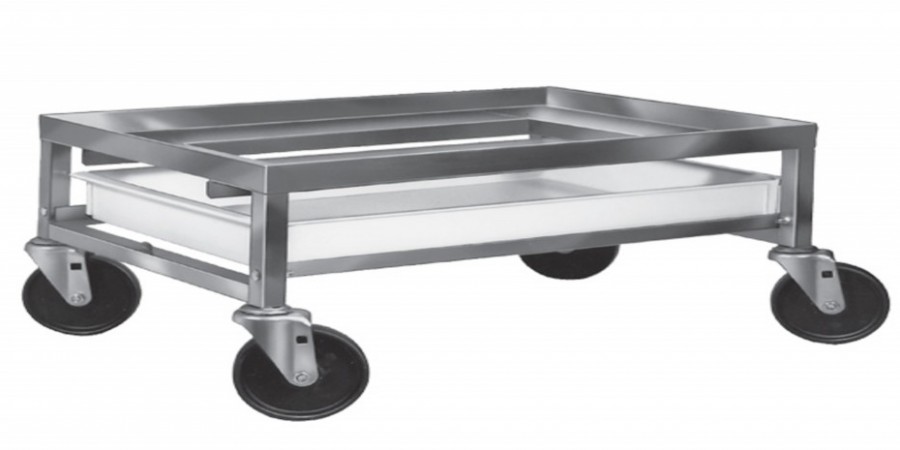

 Filter by category. | |
| REW | 152 |
| REW Academy | 131 |
| Restaurants | 126 |
| Website Categories | 125 |
| Articles | 117 |
| Kitchen | 50 |
| Vendors | 32 |
| Tutorials | 29 |
| Food | 26 |
| Customers | 22 |
| Events | 15 |
| Interviews | 9 |
| Web | 8 |
| Funny | 7 |
| Infographic | 6 |
| Social Media | 5 |
 Most popular (top 5) | |
 | Life Kitchen Florida App |
 | Indoor Chairs and Bar Stools Overview |
 | Booths |
 | Restaurant Equipment World (REW) Launches NEW Spanish Version of Website |
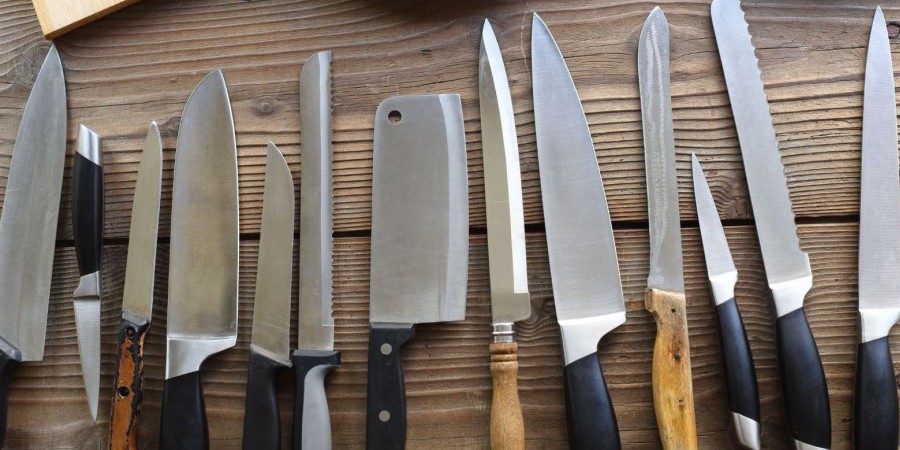 | Complete Guide to Cooking Knives |
 Top rated (top 5) | |
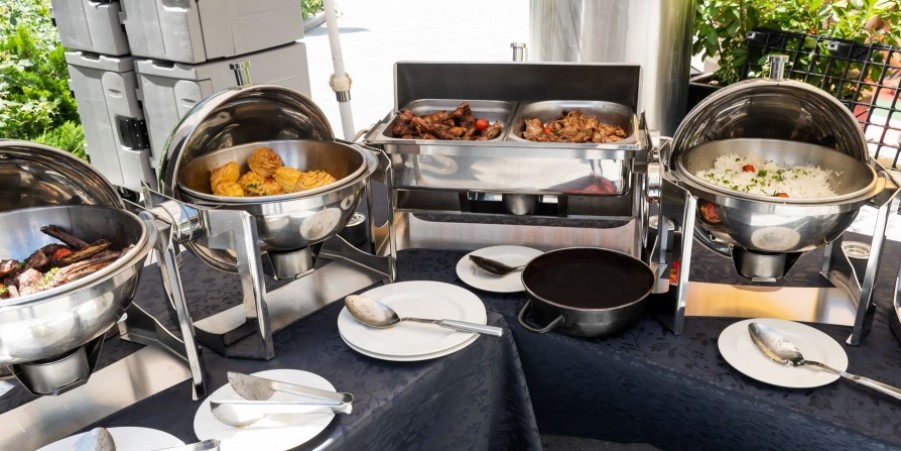 | Display Stands, Risers, and Portable Sneeze Guards |
 | Countertop Signage |
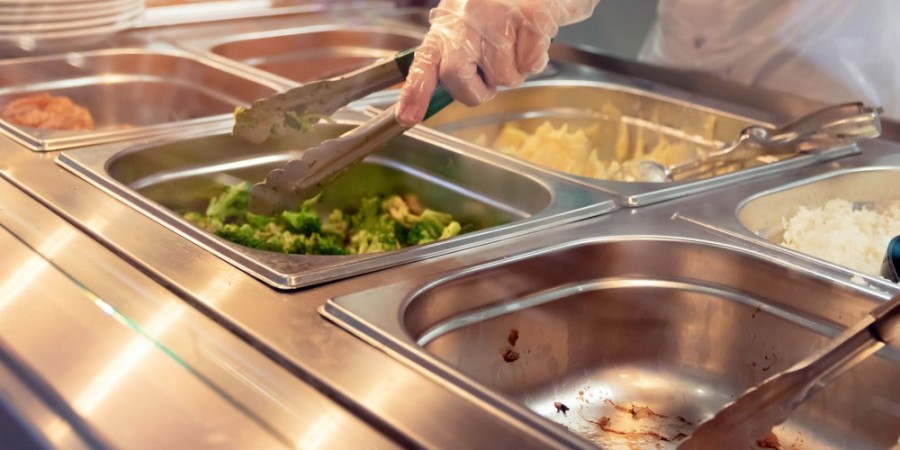 | Specialty Equipment |
| Welcome to the REW Blog! | |
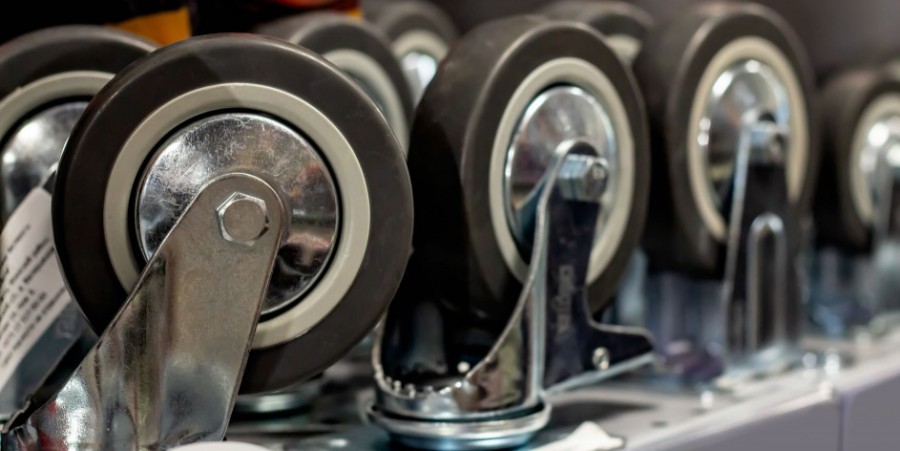 | Equipment Casters |